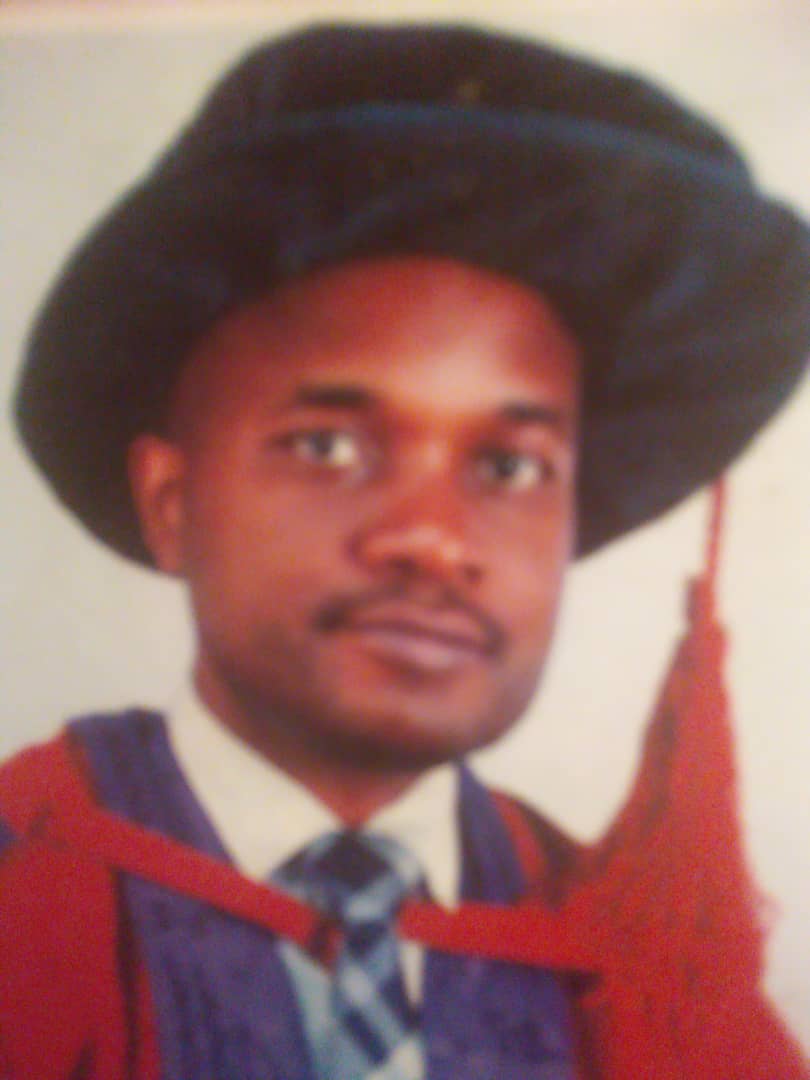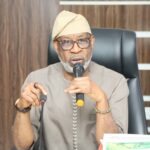From Maurice Okafor, Enugu
Thursday, December, 12, was another historic day in the achievements and contribution of Enugu State University of Science and Technology (ESUT,) to impact meaningfully in the society through inaugural lectures by Educationist and seasoned Professors of the institution, sharing their experiences, innovations and research.
It was a day that the 41st Professional Inaugural lecture of the institution was delivered by Professor China Anele Ndubuisi, a Professor of Neurosurgery, College of Medicine, ESUT, who is also a Consultant Neurosurgeon (Brain and Spine ), at Memfys Hospital Enugu, the only private training institution of Neurosurgery in West Africa.
Professor Chika Ndubuisi also pioneered the establishment of the Neurosurgery Unit of Enugu State University of Technology Teaching Hospital. He gave kudo to a former governor of Enugu State, Senator Dr.Chimaroke Nnamani,for his understanding to the effect, during his administration.
Professor Chika Ndubuisi made rattling revelations on the dangers confronting our health system in this part of the globe due to poor knowledge and neglect of taking adequate care of our nervous system.
However, he proffered solutions on how to prevent the problems. He advocated for investments on research to invent local technologies that can enhance the treatment for Low and Middle Income Countries.(LMIC) and thereby reducing rate of medical tourism in the country.
In his lecture with theme ” Preventing the Paralysis Paradox In Our Nervous System and Medical System-; Identifying the problems,Igniting progress, Professor Ndubuisi alarmed that there’s an estimated need for extra 23,000 neurosurgeons to help in attending to over five million cases of Neurosurgery in Low and Medium Income Countries (LIMC).He revealed that Nigeria as a nation has produced only 164(both the living and the dead,) Neurosurgeons serving an estimated population of 226 million people.
According to him, the first Neurosurgery service centre was set up late Professor Latunde E.Odeku at the University College Hospital, Ibadan in 1962, whereas it sprang up at University of Nigeria Teaching Hospital, South East Nigeria after the civil wars and was pioneered by Emeritus Professor Samuel C.Ohaegbulam.
Professor Ndubuisi lamented that Neurosurgery practice in the public sector is still facing the problem of poor investment and procurement of equipment.
His words, “Unfortunately more than six decades down the line, Neurosurgery practice in the public sector still faces the same teething problems of poor investment into procurement of necessary state of the art equipment needed to render safe services to patients. improvisation has continued to make up for this gap.”
Professor Ndubuisi lamented that the lack of active investment in research has not provided the opportunity to develop locally the alternatives to the imported equipment for such medical services.
His words, “The lack of active investment in research has created a second tragedy that has not allowed these stop-gap improvisations to be fully or properly organized and developed into economically viable solutions to our over dependence on imported equipment for Medical services. This is part of the reason that the sleeping giant (Nigeria)is still in coma for the past decades”.
Amidst the shortfalls in the Nigeria system, Professor Ndubuisi explained in his lecture that they are still thriving hard and showing commitment to solving Neurosurgery problems in the country.
He stated, “More Neurosurgeons have been trained with keen interest in sub-specialization. Credit to the senior Neurosurgeons from this region who pioneered the effort:, especially Emeritus Prof.Samuel C.Ohaegbulam and Prof.Wilfred C.Mezue, who are now active senior citizens”.
He disclosed that more complex surgeries can be done in the brain and spines currently in the sub region. But still,he advocated for more investment in Neurosurgery medicare.
“Emphasis should now be to invest into strengthening the health facilities and make the practice environment in the public sector hospitals more capable of managing the teaming number of patients below middle class line who cannot afford the cost of internal or external medical tourism.This will also involve setting up standard intensive care units(ICU) for adequate care of critically ill patients, ” he said.



